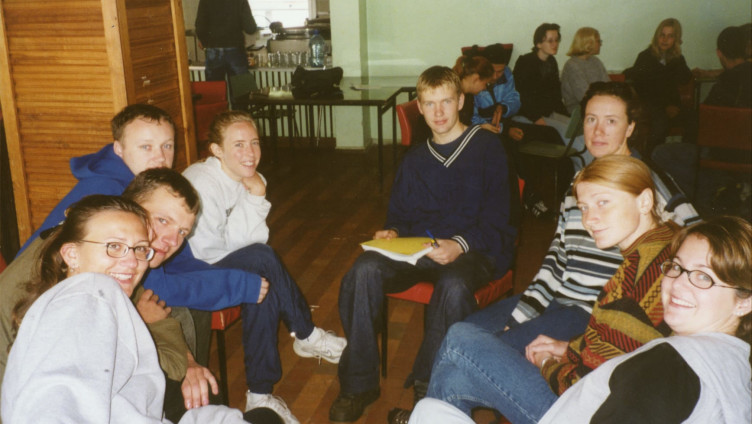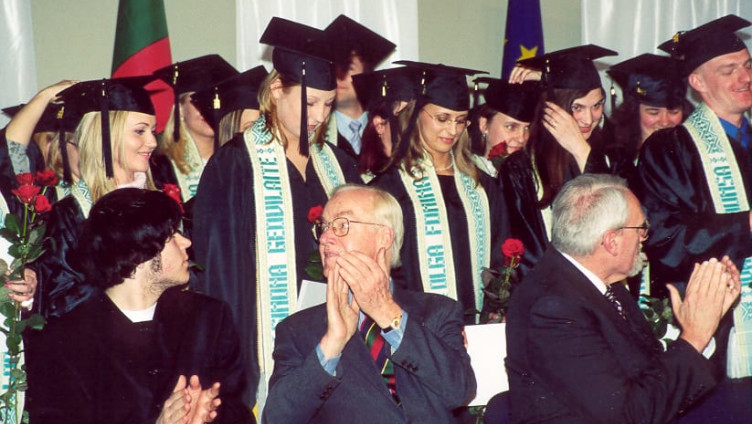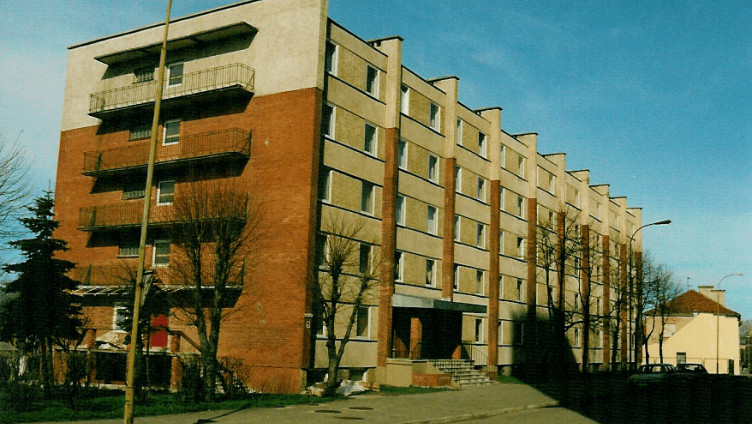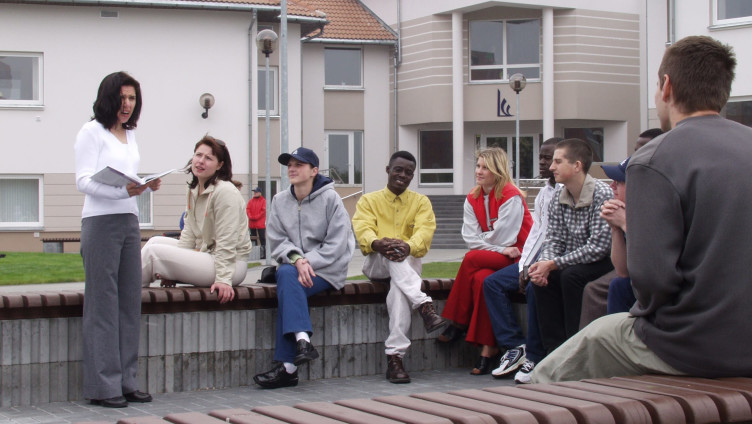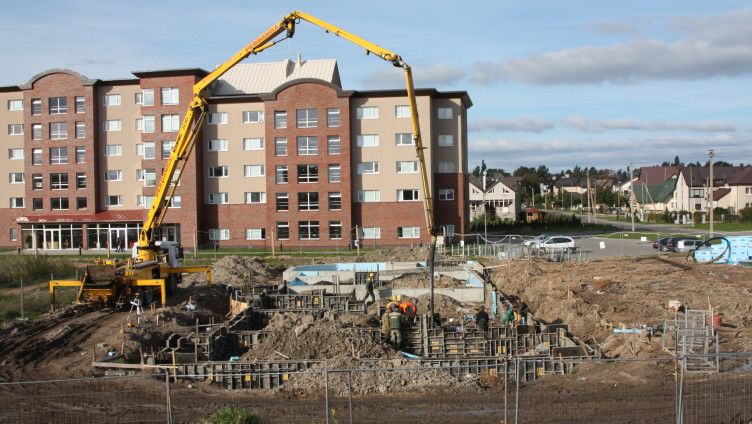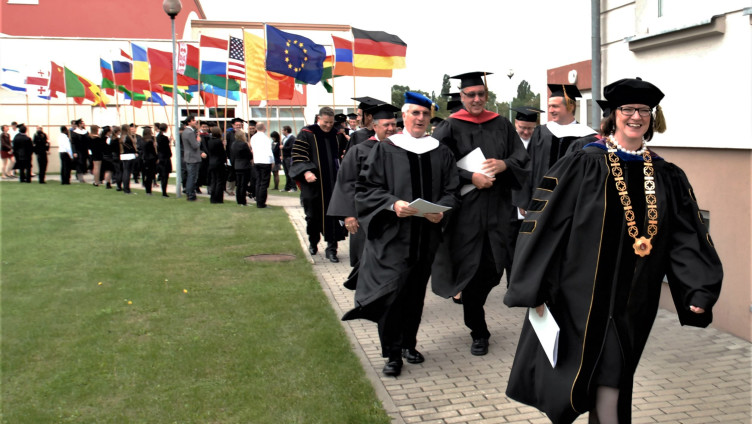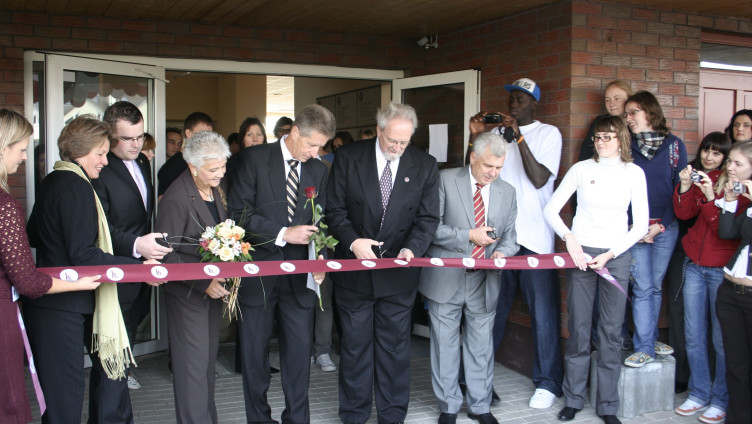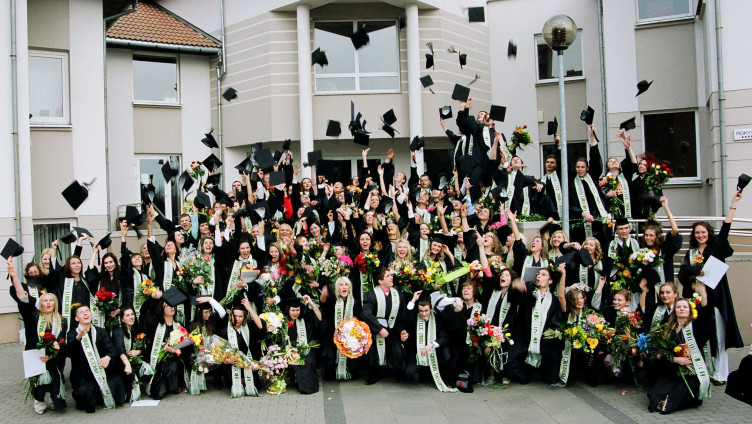
A work in progress
The story of Lithuania Christian College's first decade is an account of how a seemingly impossible vision became reality. This "miracle" required, besides vision, a wide range of skills such as negotiating with government officials, construction and renovation of buildings, teaching, administering programs and more. People from various professional, academic and church backgrounds, many of them volunteers, were drawn into the task of building the College. You will find their stories and testimonies in this book.
